Here is to celebrating, understanding, and appreciating the diversity of the Muslim world – through poetry!
Here is to celebrating, understanding, and appreciating the diversity of the Muslim world – through poetry!
There are around 1.8 billion Muslims around the world today – and as one of the fastest growing religions in the world, it is safe to say that the cultures, languages, histories, and foods of Muslim communities are one of the most diverse on earth today.
In the hopes of celebrating, appreciating, and understanding that the unique diversity of the Muslim ummah is what makes us stronger as a community and not weaker, here is a quick trip around parts of the Muslim world – in poems and literature. Happy reading!
Azerbaijan
Located in the mountainous region of Eurasia, bordered by the Caucasus Mountains and the Caspian Sea, the country of Azerbaijan has a long and colorful history with Islam.
First brought to Azerbaijan by Arabs in the 7th century, Islam grew in the region in what was traditionally a Christian and pagan-dominated area of the world.
In the 16th century, with the influence of the Persian Safavid Empire, the population of what is now Azerbaijan converted to Shia Islam – and although there has always been a mixture of Sunni and Shia believers in the region, the friction between the Shia-dominated Safavid Empire and the Sunni-dominated Ottoman Empire was often a source of tension for the region of Azerbaijan that was caught between both worlds.
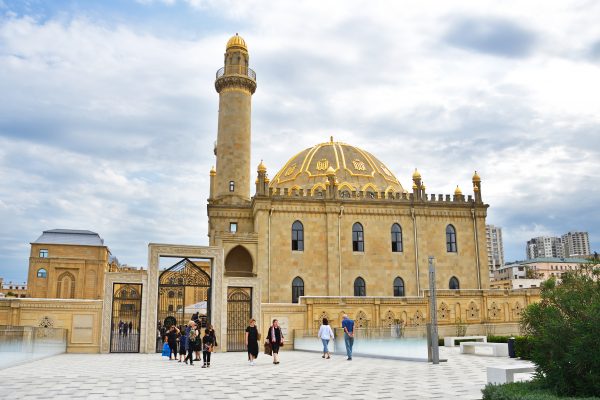
Today, over 90% of the population of Azerbaijan is Muslim – with around 85% being Shia Muslim. What makes this region especially unique, however, is the interesting influence and legacy of many empires that left their mark – the Safavid Empire, the Ottomans, and even the Russian Empire and later the Soviet Union all contributed towards Azerbaijan’s mixed identities of Persian, Turkic, and Russian backgrounds.
Although the country today is officially a secular state, the role the country played in wider Islamic empires and cultures in Central Asia cannot be denied – and it remains to be seen how Azerbaijan will continue to move forward in an increasingly globalized world.
Nizami Ganjavi
A Persian-Azeri poet and philosopher born in the 12th century in the city of Ganja, Azerbaijan, Nizami Ganjavi is considered to be one of the greatest Persian-speaking poets – bringing together mysticism and romanticism, his works still inspire many in the understanding of love and Allah.
While his most famous work is Leila wa Majnun, Ganjavi was given the honorific title of “Hakim”, or “the sage”, because of his prolific writings and poetry that spoke in particular to working-class people. Ganjavi revolutionized the use of colloquial and understandable Persian language when writing to better connect with the common people, making him still one of the most-loved poets in the Persian-speaking world.

Some of Ganjavi’s most notable works of poetry include a collection of five long-form poems, titled the Panj Ganj, which includes the stories of Makhzan-ol-Asrar (The Treasury of Mysteries), Khosrow o Shirin, Leila wa Majnun, and Eskandar-Nâmeh (The Book of Alexander).
Many of his short-form poems have survived as well, including ten of his poems in the anthology of Nozhat al-Majales, compiled by Jamal Khalil Shirvani. Having lived in Ganja reportedly his whole life, little is known about Ganjavi’s personal life – but what remains is the powerful legacy of his poetry that is celebrated across the region in not only Azerbaijan but Iran, Tajikistan, and Afghanistan as well. He died in 1209, in his birthplace of Ganja.
Iraq
The history of Islam and the history of Iraq are one of the most intertwined in the world – Islam has an almost 1,400-year-long history in the region of Iraq, dating back to the time of the Prophet Muhammad himself.
While sectarianism has left its brutal mark on the country, Iraq is known for its powerful legacy as the hub of both Sunni and Shia scholarship and influence. Baghdad, the capital of Iraq, was the hub of Islamic learning, scholarship, and science for hundreds of years and served as the capital of the Abbasid Caliphate – the legacy of Baghdad’s contribution as the capital of Islamic learning and culture even after the Abbasids remain in the hearts and minds of many.
Iraq’s two other holy cities of Karbala and Najaf, where the descendants and family members of the Prophet Muhammad battled against tyrants, still attract millions of people every year in commemoration of the lives that were given to protect the legacy of the Prophet.
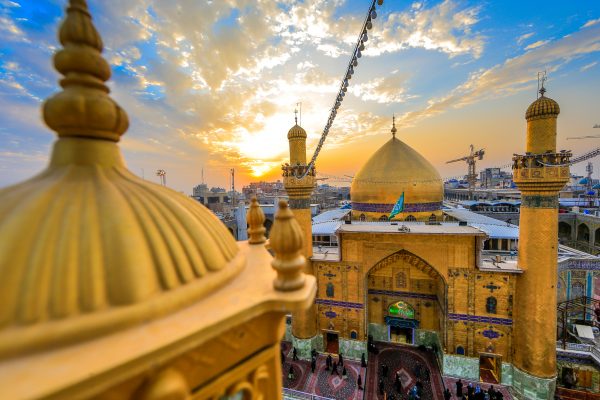
While modern Iraq battles against political ailments and sectarianism, the country still remains proud of its powerful legacy in the history of Islam – the battles, places of worship, and the scholarship and science that stemmed from the land of Iraq helped, in many ways, bring together the wider Islamic world for centuries.
The demographics of Muslims in Iraq today remain around 60% Shia Muslim and 40% Sunni Muslim, however more important than sectarian divisions remains the powerful history of Iraq’s multicultural and diverse community of Muslims with a shared vision of prosperity and peace.
Al-Mutanabbi
Born in the city of Kufa, Iraq in 915AD, Al-Mutanabbi led a controversial and extraordinary life as one of the most influential Arab poets of not only his era but today as well.
Known in particular for his wit and courage when exploring topics and themes, Al-Mutanabbi’s intelligence makes his poetry different from many others. Remembered for his controversial leadership in the Qarmatian revolt in Syria in 932, after its defeat Al-Mutanabbi became a wandering poet – which was when he began writing his most celebrated works of poetry and literature, most notably his collection of poems titled and dedicated to Sayf al-Dawla.
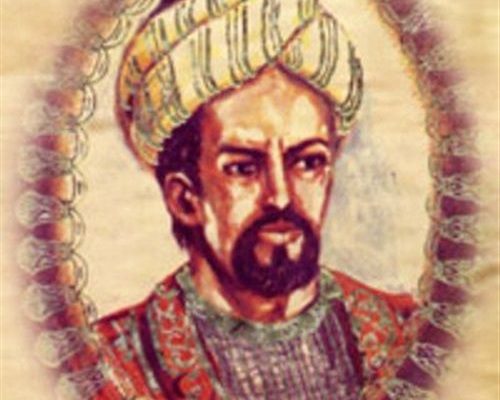
Eventually writing for the ruling courts and princes of Syria, Al-Mutanabbi wrote under numerous patronages like most of his contemporary poets at the time. But because of his bold and witty writings, Al-Mutanabbi ended up offending powerful people and eventually was killed by bandits – whether accidentally or on orders by those offended – while traveling back to Baghdad in 965AD.
While his untimely death no doubt highlighted the often precarious life Arab poets lived through, his legacy and influence on Arabic language poetry are still celebrated and loved today by millions around the globe.
Turkey
Turkey has a long and colorful history of multi-culturalism and religious and ethnic diversity – and its relationship with the history of Islam is no less interesting.
Although trade with its eastern neighbors from the Arab and Persian world long exposed Islam to the lands of what is now Turkey, it was the Seljuk Empire in the 11th century that first began expanding into Anatolia with a state-sponsored governance of Islam.
With the rise of the Ottoman Empire and its eventual conquest of the then-Byzantine capital of Constantinople, the Ottomans renamed the capital to Istanbul and established a Turkic-Islamic empire in the region of what is now roughly modern-day Turkey.
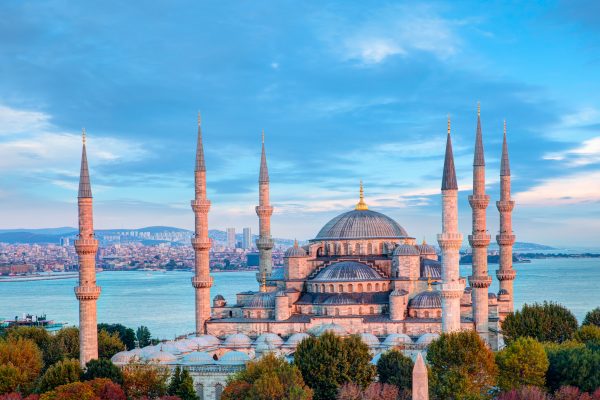
The fall of the Ottoman Empire came with the establishment of modern-day Turkey and the secularization of the nation by who is widely known as the father of the nation – Mustafa Kemal Ataturk – thus embarking Turkey on a road of (sometimes clashing) Islamic and secular values in a nation with a deep connection to the wider Islamic world.
Today, the number of Muslims in the country remains in the upper 90%, and religious freedom and tolerance are something not only accepted but celebrated as part of their Turkish identity.
While modern-day political schemes and partnerships with the wider region will continue to manipulate identities, Turkey’s deep and spiritual connection to the spread of Islam will always remain a powerful part of the country’s legacy in the region.
Yunus Emre
Yunus Emre was a Turkish Sufi mystic and poet who is beloved not only in Turkey, but is still celebrated today as one of the greatest Turkish-speaking poets to have made such an impact across the Muslim world.
Born in 1238 in Sarikoy, Yunus Emre was revolutionary because of his use of colloquial and spoken Turkish when writing his poetry – making is accessible and open for all to enjoy and understand.
Writing on love, mysticism, and spirituality, he explored his religion as well as his cultural identity – often using the ancient Anatolian folk poetry styles to convey his work. His most famous work is Risaletü’n Nushiyye.
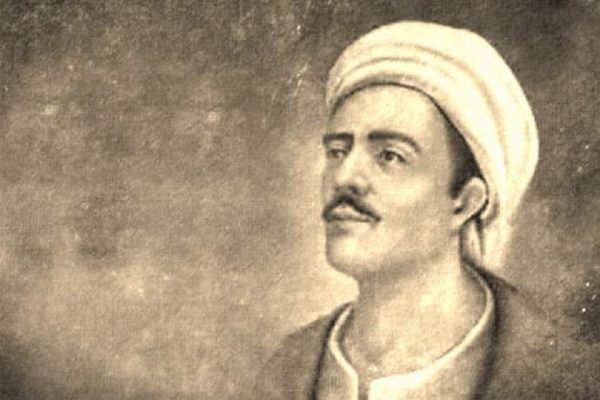
With his work celebrated across the Turkish world, from the Balkans to Azerbaijan, Yunus Emre’s style of seemingly simple poetry with deeper layers of mysticism and love for Allah are the trademarks of his distinguished poetry – never one to shy away from his religious devotion, his poetry is still able to reach and touch the hearts of people from all backgrounds and ages.
He died in 1321, although his legacy continues to this day to inspire millions around the world.
Afghanistan
Islam in what is now Afghanistan began to spread in the 7th to 10th centuries, and is now the official state religion – roughly 98% of the population of Afghanistan today is Muslim.
Beginning with the Islamification of Persia, the city of Herat was eventually captured by Muslim Arabs in 652AD under the Rashidun Caliphate – but it’s important to note that besides the conquests of empires, the religion of Islam had already spread peacefully to parts of Afghanistan through trade, mystics, preachers, and scholarship.
Through the empires of the Samanids, Ghaznavids, and Ghurids, Islam became the ruling religion of the region – and Afghanistan became one of the leading hubs of scholarship and learning, rivaling only Baghdad, during what many refer to as the Islamic Golden Age.
After ruling dynasties like the Timurids, Safavids, and Mughals, it arguably wasn’t until King Abdur Rahman Khan in the late 1800s of political centralization that brought Afghanistan under a state-sponsored and Islamically-ruled modern governance.
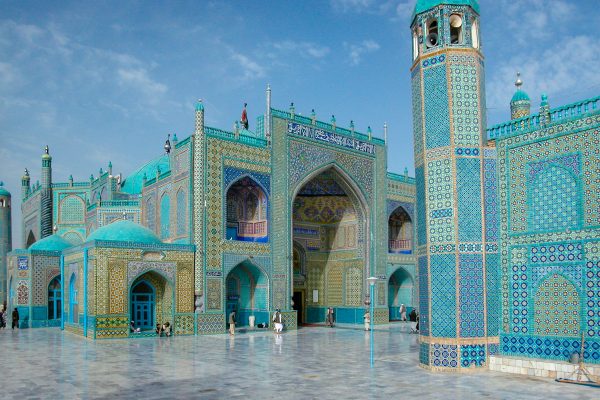
Today, while much of the political discourse around Afghanistan revolves around the recent history of British, Soviet, Taliban, and American invasions, the country still remains an inspiring legacy in the history of Islam in the wider region.
The cultural and scholarly hub of Islamic studies for centuries, Afghanistan played a deep and powerful role in the propagation and understanding of Islamic theology and religion in our world today.
Jalal-a-Din Rumi
One of the most recognizable Persian poets in the West, Rumi has captivated the hearts and souls of people from around the world.
Born in Balkh in present-day Afghanistan in 1207, Rumi was an Islamic poet, mystic, and theologian who wrote not only poetry but on theology and faith on a deeper level than is often attributed to him.
Beloved by not only Persian speakers across the region but across the Islamic world as a whole, Rumi captivated his audience through writings that delved into the deeper meanings of faith, devotion, and prayer. His most well-known collection of poetry is the Masnavi, written while he worked and lived in Konya.
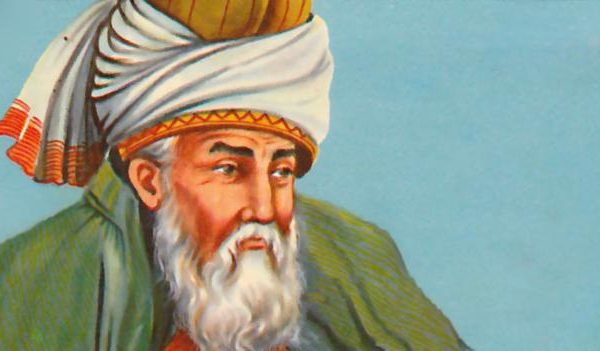
Influenced heavily by his encounter and engagement with the Sufi dervish Shams-e Tabrizi in 1244, Rumi went on to explore themes of Quranic spirituality, the pursuit of knowledge, and deeper self-reflection in finding Allah through much of his poetry.
After his death in 1273, Rumi’s son and followers founded the Mevlevi Order, more commonly known as the Order of the Whirling Dervishes. Buried in Konya, Rumi’s grave attracts followers and travelers from around the world, paying their respects to one of the greatest Persian Islamic poets of his time and beyond.
Read more from our Around the Muslim World series, in Food and Recipies, Sweets and Dessert, and Cities and Culture!





